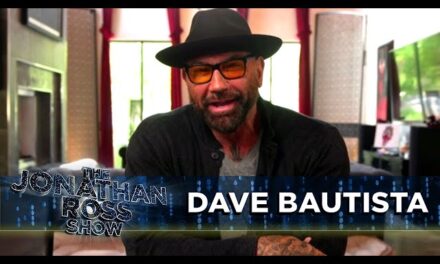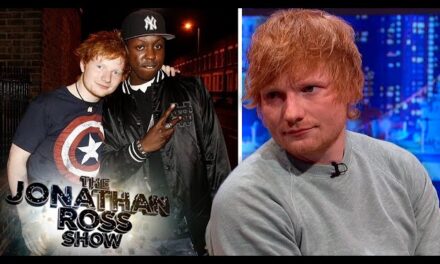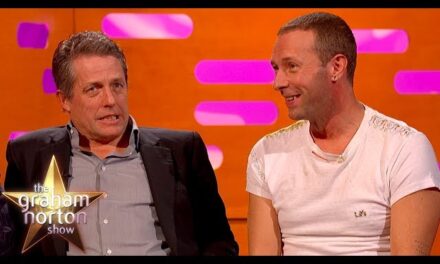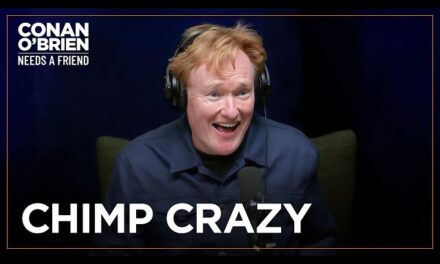The idea of Herzog, who has immersed himself in life-threatening situations to create his magnum opus, standing on the sets of “The Simpsons” or “Mandalorian” with baby Yoda seems, at first, perplexing. But Herzog finds these experiences fascinating, appreciating the intelligence and anarchy embedded in “The Simpsons.” He admitted to being unaware of the show’s popularity, thinking it was merely a comic strip in newspapers. It was only after being invited to speak a role and receiving DVDs that he realized the impact of the show worldwide. Herzog was asked to bring his unique accent to the character, as it was wild enough for the producers.
In his role in “Jack Reacher,” Herzog faced off against bad guys armed with assault rifles and engaged in intense fights. His character, the epitome of evil, had eaten his own fingers to avoid a potentially fatal fate. Herzog’s ability to spread terror with just his voice impressed even friends of his wife, who wondered if she was married to the same person they saw on screen. This reinforcement, Herzog confessed, was his best reward.
When it came to his experience on the set of “Mandalorian,” Herzog discussed the extreme secrecy surrounding the show. He even had to mistakenly sign a contract for another film, “Huckleberry Finn,” to maintain the secrecy of his involvement in “Mandalorian.” The tremendous fan base and their eagerness for any information about the show necessitated such precautions. Herzog praised John Favreau, the mastermind behind “Mandalorian,” for recognizing the artistic value of his films and writings. He highlighted the importance of his writing career, which began when he was a teenager and continues to be a significant part of his legacy. Herzog believes that his books and poetry, with their timeless quality, may have a longer-lasting impact than his films.
O’Brien agreed, acknowledging Herzog’s talent as a disciplined and lyrical writer, capable of transcending the changing landscape of the entertainment industry. While films might come and go in popularity, written works have a durability that surpasses their cinematic counterparts. Herzog expressed confidence in the longevity of his writings, despite acknowledging that this sentiment might fall on deaf ears. Yet, both Herzog and O’Brien agreed that the power of Herzog’s storytelling, whether on film or in writing, cannot be denied.
The conversation between Werner Herzog and Conan O’Brien on the talk show revealed intriguing insights into the intersection of film, television, and popular culture. Herzog’s ability to navigate intense, life-threatening situations in his films while also participating in mainstream projects showcases his diversity as an artist. His belief in the enduring nature of his writings adds another layer to his storytelling prowess. As Herzog continues to make his mark in the entertainment industry, audiences can look forward to being captivated by his unique perspective on both the big and small screens.




